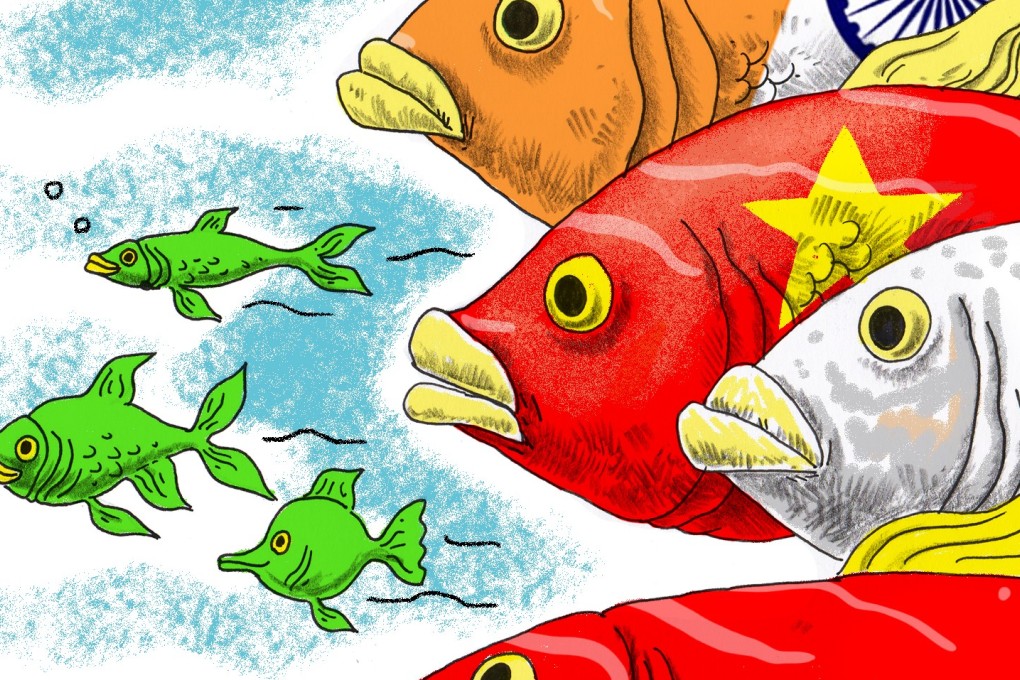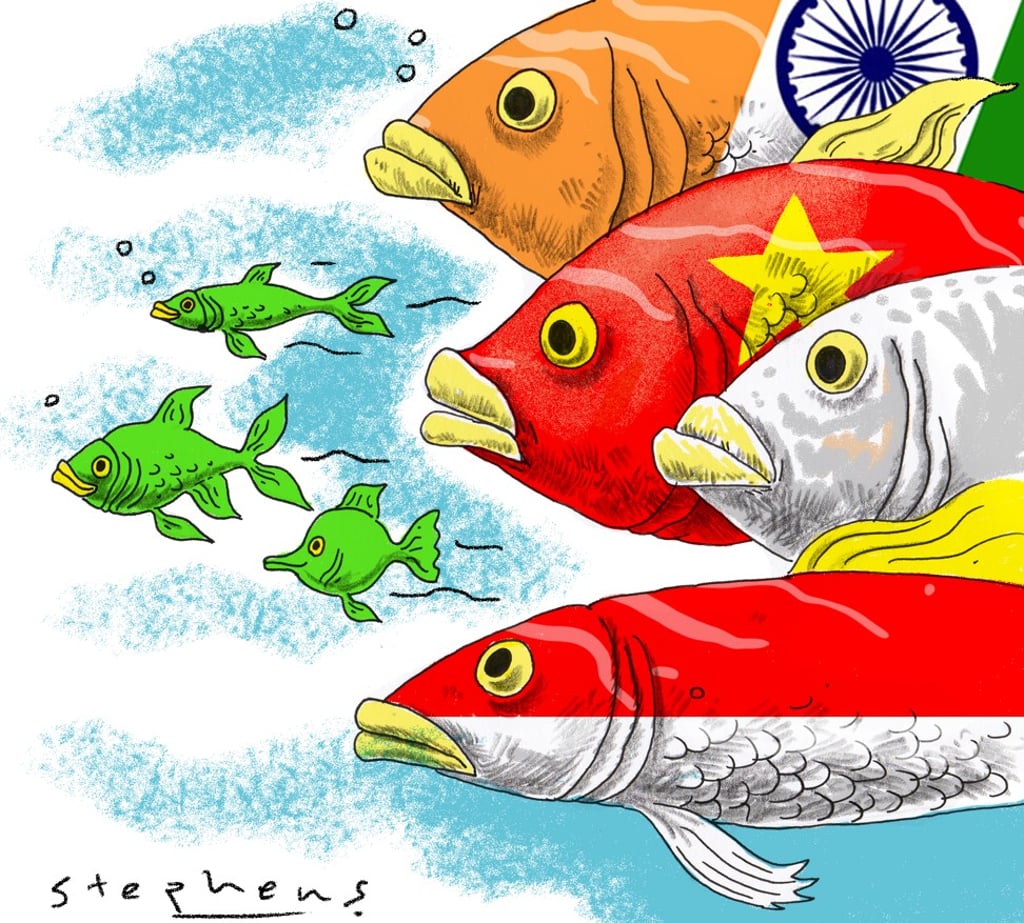Advertisement
As Hong Kong dims, Asia can learn much from Singapore, East Timor and Bhutan
Curtis Chin says while the region’s fate may rest largely on the major powers, to truly prosper, Asians must pay attention to such ‘small state ideas’ as a commitment to a more sustainable and more representative society
Reading Time:5 minutes
Why you can trust SCMP

Twenty years ago in Asia – as Hong Kong returned to China under the “one country, two systems” formula, there was hope that the former British colony would set an example for a freer, more progressive China.
Those days, for now, seem past as China cracks down on dissent in the run-up to a landmark Communist Party congress, and as Hong Kong jails democracy campaigners over anti-China protests. Hong Kong may no longer be the role model it once was, should Beijing’s moves, unintentional or not, transform this economic showcase into “just another Chinese city”.
Advertisement
Yet, at a recent Milken Institute Asia Summit that looked back 20 years to 1997 and ahead 20 more to 2037, I found hope that, amid the diversity of Asia, there remain numerous examples of a way forward for all of the region.
The story of Asia today remains very much one driven by its largest nations and economies. An increasingly assertive China, a slow-growing Japan, a rising India and a still emerging Indonesia dominate the headlines, along with mounting tensions from the Korean peninsula. Yet, all of “Asia rising” can take a lesson from some of the region’s smallest countries.
Advertisement
From three small countries come three big lessons for a greener, more representative and more transparent Asia. My hope for Asia 2037 is that these small nations – Bhutan, East Timor and Singapore – can inspire and show the way.
Advertisement
Select Voice
Select Speed
1.00x
